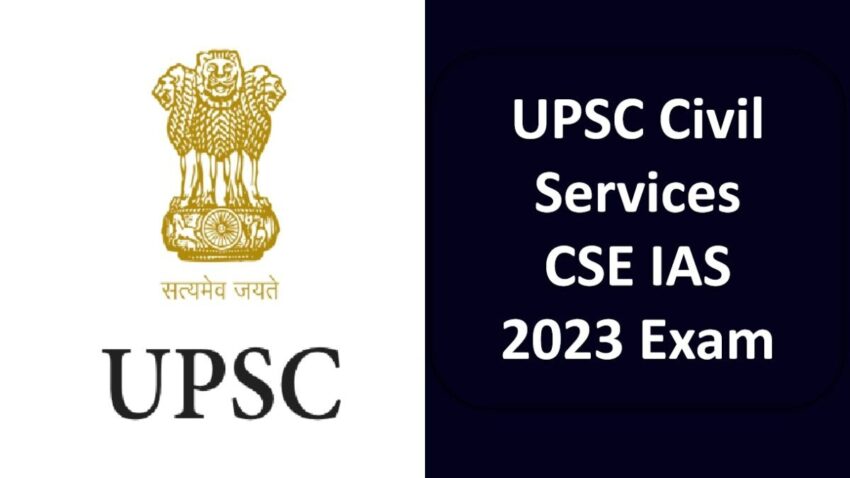The Union Public Service Commission (UPSC) examinations in India are among the most highly regarded and competitive exams in the country. Serving as a gateway to several prestigious civil services, the UPSC exams attract thousands of aspiring individuals from diverse backgrounds. This article aims to provide an overview of the UPSC exams, including their significance, structure, and the challenges faced by candidates.
Firstly, the UPSC exams hold significant importance due to the variety of civil services they cover. Among the most sought-after services are the Indian Administrative Service (IAS), Indian Foreign Service (IFS), Indian Police Service (IPS), and others. These services offer professionals an opportunity to serve the nation in roles such as administrators, diplomats, and law enforcement officers. The immense influence and social impact associated with these positions make the UPSC exams highly desirable for many individuals.
The UPSC exams consist of three stages: the Preliminary Examination, the Main Examination, and the Personality Test (also known as the Interview). The Preliminary Examination consists of two objective-type papers – General Studies (GS) and Civil Services Aptitude Test (CSAT). The GS paper evaluates knowledge in topics such as current affairs, Indian polity, history, geography, and general science. The CSAT paper tests the candidate’s reasoning and analytical abilities.
Those who clear the Preliminary Examination move on to the Main Examination, which comprises nine subjective-type papers. These papers assess candidates in areas such as essay writing, language skills, general studies, and optional subjects. It is crucial to note that candidates must choose an optional subject for which they possess expertise or interest, as this paper carries considerable weightage.

After the Main Examination, the qualifying candidates proceed to the final stage – the Personality Test. This stage involves an interview conducted by a panel of UPSC members. The interview assesses the candidate’s overall personality, including their presence of mind, communication skills, leadership qualities, and knowledge of current affairs.
Despite the allure of the UPSC exams and the rewarding civil services they lead to, challenges persist for candidates. The competition is fierce, with the ratio of applicants to positions often as high as 100:1, making it extremely difficult to secure a coveted spot. Additionally, the vast syllabus and the ever-changing nature of current affairs demand extensive and consistent preparation. Candidates often spend months or even years studying, attending coaching institutes, and practicing mock exams to enhance their chances of success.
The UPSC exams also require candidates to navigate multiple stages, each with its own unique requirements. The need for a wide-ranging skill set, including critical thinking, time management, and effective communication, further adds to the difficulty of the exams. As a result, the UPSC exams are known for testing not only a candidate’s knowledge but also their ability to perform under pressure.
In conclusion, the UPSC exams in India serve as a gateway to prestigious civil services, attracting thousands of aspirants nationwide. The rigorous selection process, which includes the Preliminary Examination, Main Examination, and Personality Test, demands comprehensive knowledge, critical thinking, and effective communication skills. While the exams present numerous challenges, the rewards of serving the nation in various influential roles, coupled with the respect and prestige associated with these positions, continue to motivate individuals to strive for excellence in their pursuit of success in the UPSC exams.
